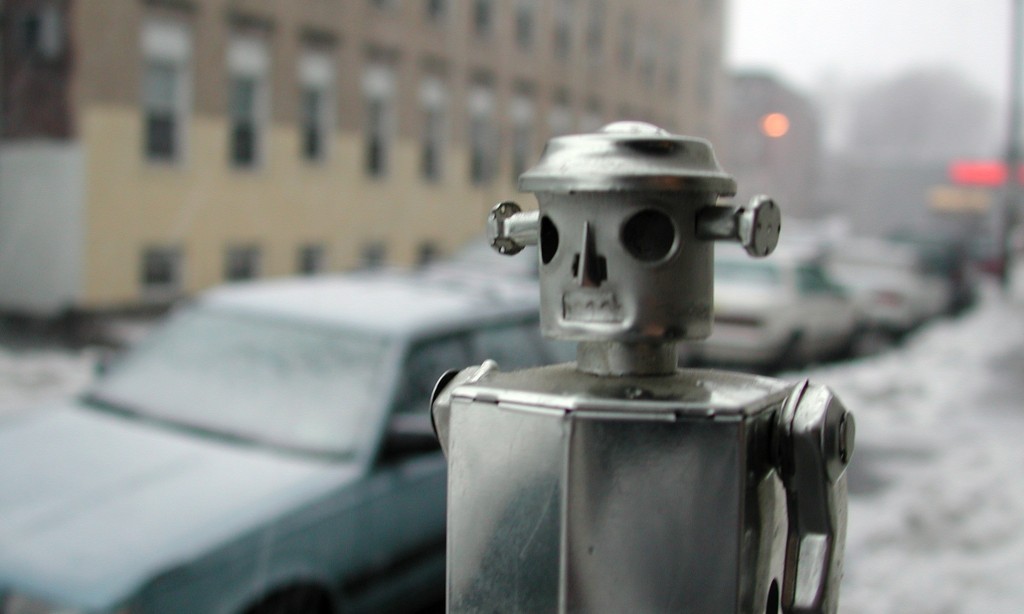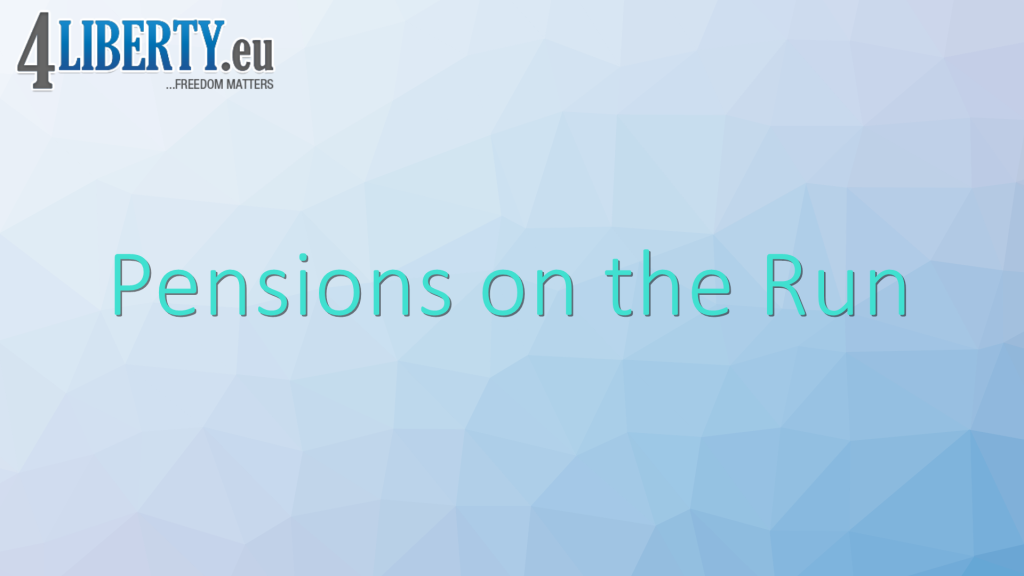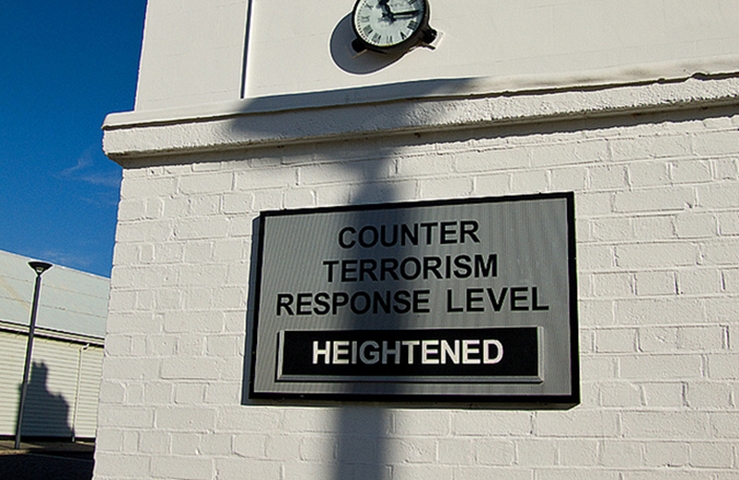
Robots To Take Our Jobs
A robot called Baxter truly exists. It takes him one hour to learn simple repetitive movements and then it is able to repeat them with objects which weight no more than 10 kilograms. Baxter costs 22 thousand US dollars. It is less than work costs of one employee with average salary in Slovakia for two years.











